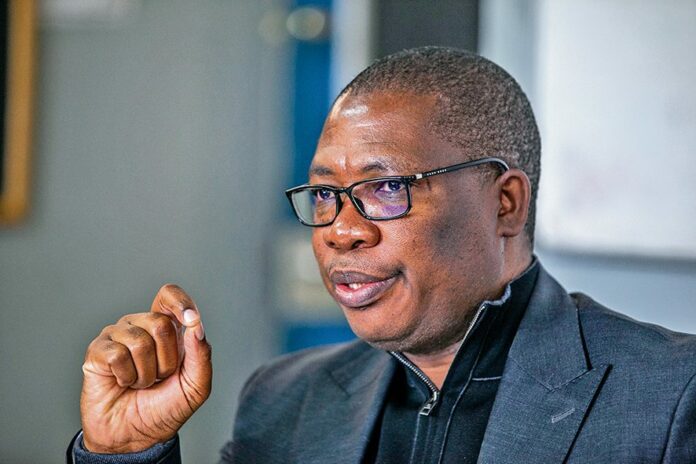Johannesburg – When the Gauteng Department of Education launched the “Schools of the Future” programme in January 2015, we never imagined that the coronavirus pandemic would accelerate the digitisation of the way we live, work, and learn.
Now more than ever before, mobile or hand-held technology is essential in everyday life.
There is a growing need to embrace technological development and participate and contribute to the evolution of the digital landscape.
That is why my department has embarked on an extensive technological campaign to create awareness on the importance of early registration, processes and procedures.
Visions of the future
As an executive and political leader in education, I have realised that two major visions of the future dominate current discussions about what societies, economies and the environment will be like in the years ahead.
During my trips around the province and in my visit to South Korea, I realised that questions that drive these discussions are how to respond to changing socio-economic and environmental conditions; how individuals and societies can shape their worlds for the better; and how technology can be deployed to improve quality of life and the environments that support life.
The fourth industrial revolution and teaching
The first of these two visions, conceptualised as the Fourth Industrial Revolution (4IR), promises a better world made possible through fresh advances in digital technologies and the progressive digitalisation of the economy and society.
During the past six years since we launched our “Schools of the Future” programme, the growth of information and communications technology (ICT) has had a profound infl uence on education.
The entrance of ICT, let alone the Covid-19 pandemic, has led to the review of educational programmes and teaching methods.
No one was prepared for that, except the few who had already inculcated the use of technology in their teaching methodology.
One of the most promising uses of technology is as a vehicle for building and supporting learning communities that will help learners thrive in the new age.
I am glad that in our five-year Gauteng Department of Education Roadmap of 2019-2024, we recognised that we cannot view education in isolation from its own environment – the community, business, and government.
• Lesufi is Gauteng MEC for education.
Also read:
Muvhango welcomes new actress Angela Atlang
Grieving granny tells of amapiano king Mpura’s last wish
Covid-19 positive cases hit ‘Generations: The Legacy’
Max Lichaba hits out at step son
Khanyi’s boyfriend accused of being part of vehicle scam
The Braai Show producers demand an apology from AKA
Lwandle Ndaba explains why he released song about stepdad Max Lichaba
Follow @SundayWorldZA on Twitter and @sundayworldza on Instagram, or like our Facebook Page, Sunday World, by clicking here for the latest breaking news in South Africa. To Subscribe to Sunday World, click here.
Sunday World



